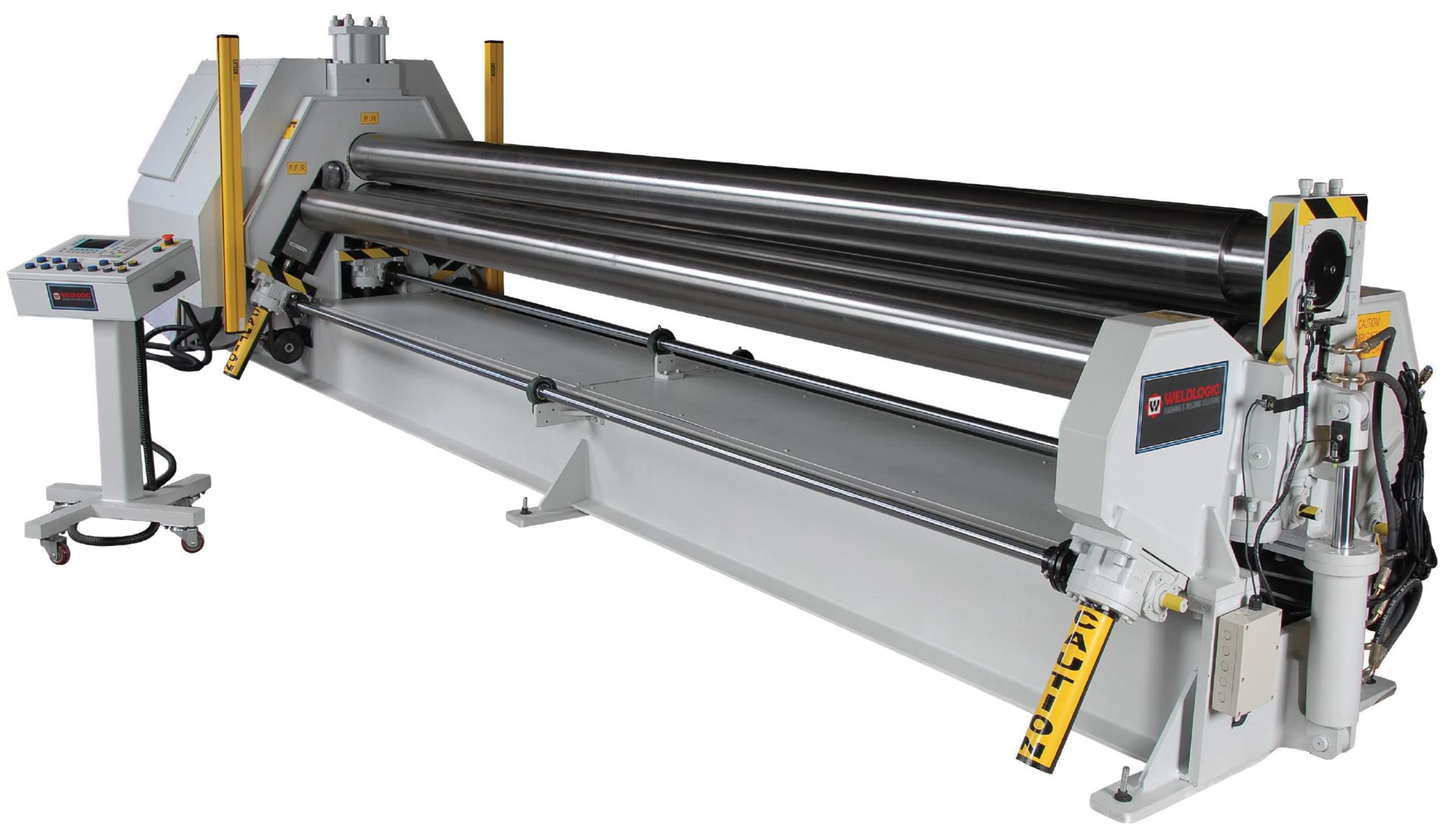
Image Source: Google
In the world of manufacturing and fabrication, the bending machine is a versatile tool that can be used for a wide range of applications. From simple DIY projects to large-scale industrial production, the bending machine has the power to transform raw materials into precisely shaped components with ease. Let's explore how this powerful machine works and the various ways it can be utilized to unleash its full potential.
The Basics of Bending Machines
Before diving into the different applications of bending machines, it's important to understand the basics of how they work. Bending machines are mechanical devices that use force to bend a workpiece and form it into a specific shape. There are several types of bending machines, including press brakes, roll benders, and tube benders, each designed for specific bending tasks.
Types of Bending Machines:
- Press Brake: A press brake uses a punch and die to bend sheet metal or plate material. It can be manually operated or CNC-controlled for more precise bending.
- Roll Bender: A roll bender, also known as a section bender, is used to bend flat materials into curved or circular shapes. It consists of three rollers that apply force to the workpiece.
- Tube Bender: A tube bender is specifically designed to bend tubes and pipes into various shapes without causing any deformities or wrinkles on the surface.
Working Principle:
The working principle of a bending machine involves clamping the workpiece between a punch and die, then applying force to deform the material into the desired shape. The machine's controls can be adjusted to set the bending angle, bend radius, and bending speed, depending on the material and thickness being bent.
Applications of Bending Machines
Now that we have an understanding of how bending machines operate, let's explore some of the common applications where these machines are used:
1. Metal Fabrication
- Bending machines are widely used in metal fabrication shops to bend sheet metal and plate materials into various shapes, such as brackets, enclosures, and panels.
- They can achieve precise bends with high accuracy, making them essential tools for creating complex metal components for various industries.
2. Construction and Structural Engineering
- Bending machines play a crucial role in the construction industry for bending steel beams, columns, and tubes used in building structures and infrastructure projects.
- They help create custom-fit components that meet the specific requirements of architectural designs and structural plans.
3. Automotive and Aerospace Manufacturing
- In the automotive and aerospace sectors, bending machines are used to shape metal components for vehicles, aircraft, and spacecraft.
- They can produce complex curves and angles required for chassis, frames, exhaust systems, and other critical parts with precision.
Benefits of Using Bending Machines
There are several benefits to using bending machines in manufacturing and fabrication processes:
1. Precision and Accuracy
- Bending machines offer precise control over bending angles, radii, and dimensions, ensuring consistent and accurate results every time.
- They reduce the margin of error and eliminate the need for manual adjustments, leading to higher quality finished products.
2. Efficiency and Productivity
- Automated bending machines can perform repetitive bending tasks quickly and efficiently, increasing production output and reducing lead times.
- Operators can program the machine to execute multiple bends in sequence, optimizing workflow and maximizing productivity.
3. Versatility and Flexibility
- Bending machines can work with a wide range of materials, including metals, plastics, and composites, making them versatile tools for various industries.
- They can accommodate different bending radii, angles, and shapes, offering flexibility in producing custom-designed components.
Conclusion
From small-scale DIY projects to large-scale industrial production, bending machines are indispensable tools that empower manufacturers and fabricators to shape raw materials into precision-crafted components. By understanding the capabilities and applications of bending machines, businesses can harness their power to streamline production processes, improve product quality, and drive innovation in their respective industries.